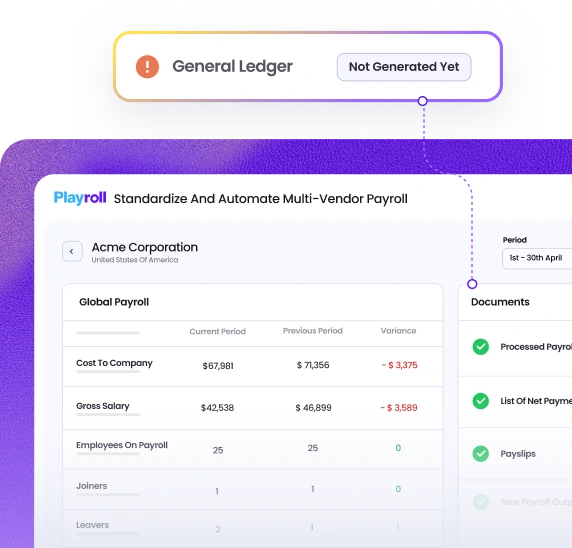What is a Good Salary in Michigan?
What is considered a 'good' salary can vary based on factors like location, lifestyle, and industry. A salary in the range of $60,000 to $80,000 is generally considered comfortable for a single person in Michigan. High-paying fields like technology and healthcare can offer salaries reaching up to $120,000 to $150,000, while more common roles such as administrative assistants typically earn around $35,000 to $45,000.
Average Salary by Cities in Michigan
The cost of living can vary widely from one city to another, and that impacts both how far salaries stretch and what professionals expect in terms of pay. Cities with higher living costs – like those with hot housing markets or tech hubs – tend to have higher salary expectations.
Familiarizing yourself with the average salary ranges per location can help you plan better and make sure your compensation packages are in line with local expectations to attract and retain top talent. Here’s a quick look at salary ranges across different cities in Michigan, to get a sense of competitive salaries based on local factors:
| City | Monthly Salary | Annual Salary |
|---|
| Detroit | $5,075 | $60,900 |
| Grand Rapids | $4,328 | $51,935 |
| Ann Arbor | $4,900 | $58,800 |
| Lansing | $4,347 | $52,170 |
| Kalamazoo | $4,000 | $48,000 |
Salary Earnings Based on Experience Level in Michigan
Salaries naturally increase with experience – this applies to both new hires and existing team members. When planning for new positions, it's important to consider how salary ranges change at different seniority levels. This will help ensure you're meeting salary expectations, retain employees and create a fair working environment.
Here’s a breakdown of how monthly and annual salary ranges grow with experience in Michigan:
| Experience Level | Monthly Salary | Annual Salary |
|---|
| Entry-Level Jobs (0-2 years experience) | $3,167 - $3,750 | $38,000 - $45,000 |
| Mid-Level Jobs (3-5 years experience) | $4,167 - $5,417 | $50,000 - $65,000 |
| Senior Roles & Managers | $5,833 - $7,500 | $70,000 - $90,000 |
| Executive & C-Level | $10,000 - $16,667+ | $120,000 - $200,000+ |
Average Salaries by Job Title in Michigan
Building a competitive compensation package means knowing what the going rate is for specific roles. We’ve compiled the most recent salary data by job title for Michigan, making it easier for you to compare roles, match your offers with the market, and make sure your team is paid fairly.
| Job Title | Monthly Salary | Annual Salary |
|---|
| Administrative Assistant | $3,167 | $38,000 |
| Software Developer | $7,083 | $85,000 |
| Customer Service Representative | $3,208 | $38,500 |
| Marketing Manager | $6,250 | $75,000 |
| Operations Manager | $7,083 | $85,000 |
Highest Paying Jobs in Michigan
- Surgeon: $400,000+
- Anesthesiologist: $380,000+
- Psychiatrist: $220,000 - $250,000
- Orthodontist: $220,000 - $250,000
- Pharmacist: $130,000 - $150,000
- IT Manager: $120,000 - $150,000
- Petroleum Engineer: $120,000 - $140,000
- Software Engineer: $100,000 - $120,000
- Nurse Practitioner: $90,000 - $110,000
- Marketing Manager: $80,000 - $100,000
Monthly Cost of Living in Michigan
In Michigan, the cost of living is slightly below the national average, making it an affordable state for many residents. Housing expenses are about 17% lower than the national average, offering affordable options in both urban and rural areas, especially outside major cities like Detroit. Utility costs are also lower, running around 5% below the national average. Transportation expenses, including gas prices, are generally on par with the national average, though urban areas may see slightly higher costs due to congestion and reliance on personal vehicles.

Median Home Price
$230,000

Median Rent
$1,200 - $1,400
/ month

Energy Bill
$150 - $200
/ month

Phone Bill
$60 - $100
/ month
Compliant, In-State Payroll Processing in the U.S. with Playroll
We cut payroll processing time by 80%, ensure full compliance, and provide hands-on support for both employers and employees.
-

Local, state-accurate payroll execution
-

Consolidate payroll inputs and variance reporting
-

State-specific compliance, taxes, and filings built-in







.svg)
.svg)
.svg)








.svg)



.png)
.webp)
.webp)








.svg)